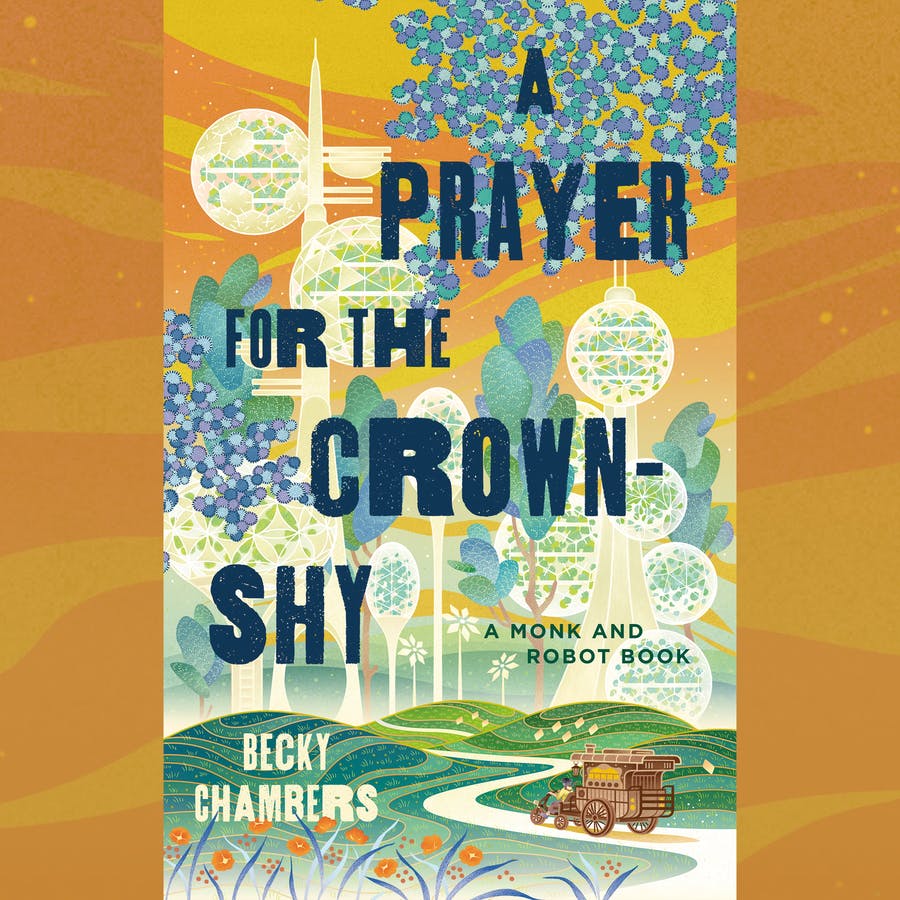The Weaver Reads reviewed A Prayer for the Crown-Shy by Becky Chambers (Monk and Robot, #2)
Goodreads Review of a Prayer for the Crown-Shy
5 stars
Becky Chambers's books are exactly what I need right now. It's almost disappointing that they are so short, and so easy to read! In fact, she makes writing look easy, and every moment is a pleasure. I flew through the chapters, and I bawled my way through the last chapter. The Monk & Robot books have really resonated with me lately, and they offer both an escape and a glimpse of what a better world could look like. I'm going to have to read her Wayfarers series a bit later, as I can't get enough of her writing (although I don't want to complete it all at once).
Chambers is right; this book is for those who need a break. Although I don't have Dex's cricket or Mosscap's turtle, I do have the sounds of cicadas, the forests of Kroumirie, and fields of olive trees to get lost in, and …
Becky Chambers's books are exactly what I need right now. It's almost disappointing that they are so short, and so easy to read! In fact, she makes writing look easy, and every moment is a pleasure. I flew through the chapters, and I bawled my way through the last chapter. The Monk & Robot books have really resonated with me lately, and they offer both an escape and a glimpse of what a better world could look like. I'm going to have to read her Wayfarers series a bit later, as I can't get enough of her writing (although I don't want to complete it all at once).
Chambers is right; this book is for those who need a break. Although I don't have Dex's cricket or Mosscap's turtle, I do have the sounds of cicadas, the forests of Kroumirie, and fields of olive trees to get lost in, and that's exactly what I'm going to do this summer.











